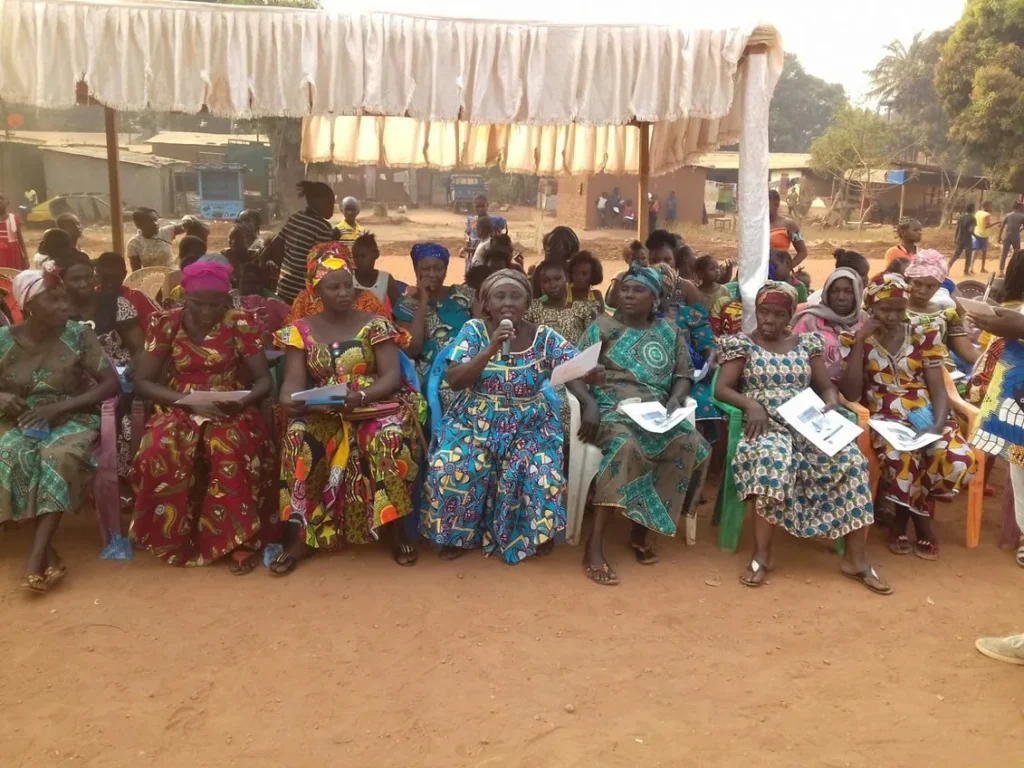Displacement Situation
The current humanitarian situation in the Central African Republic (CAR) is dire, as a result of years of armed conflict, weak state infrastructure, and a chronic absence of public services. Despite a peace agreement signed between the government and 14 armed groups in February 2019, insecurity remains endemic and armed groups continue to exercise broad control over territory outside of the capital, Bangui. The structural issues inherent to the Central African conflict – a dysfunctional state, regional jockeying for influence in CAR, and a large marginalized youth population frequently exploited by local power brokers – present significant roadblocks to the stabilization of the country.
As such, the Central African population suffers daily violence and widespread human rights violations including torture, Sexual and Gender-Based Violence (SGBV), extrajudicial executions, forced disappearances, illegal taxation, arbitrary arrest, and forced recruitment into armed groups.
Today, more than 684,000 Central Africans are internally displaced, representing a full quarter of the national population. Of these Internally Displaced Persons (IDPs), one third live in one of the 114 IDP sites around the country, while the other 436,000 live with host families. An additional 605,000 Central Africans have fled the country altogether and remain displaced in Cameroon, Chad, and DR Congo.
DRC Response
DRC has been working with displacement- and conflict-affected populations in CAR since 2007. Between 2007-2012, DRC implemented a large variety of programs designed to support communities transitioning from emergency to early recovery, including protection, livelihoods, education, and rehabilitation. With the return of armed violence in 2012 and the coup in March 2013, DRC reoriented its activities toward emergency response, protection, and social cohesion, becoming a leading NGO in these sectors.
DRC currently works with displacement-affected, conflict-affected, and returnee populations in the northwestern provinces of Ouham and Ouham-Pendé, along the borders with Cameroon and Chad. Here, DRC works to strengthen protection capacities and develop durable solutions to displacement challenges. DRC also supports economic recovery programming in Bangui, where there is a large population of returnees and IDPs living in extremely precarious conditions, along with at-risk youth who are faced with significant protection and livelihood concerns.
